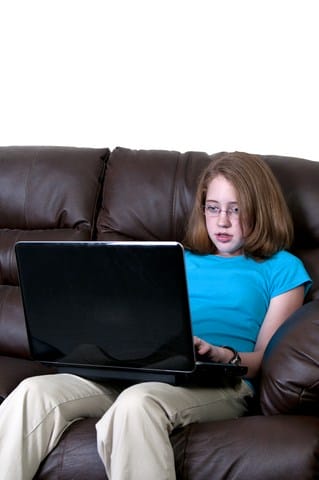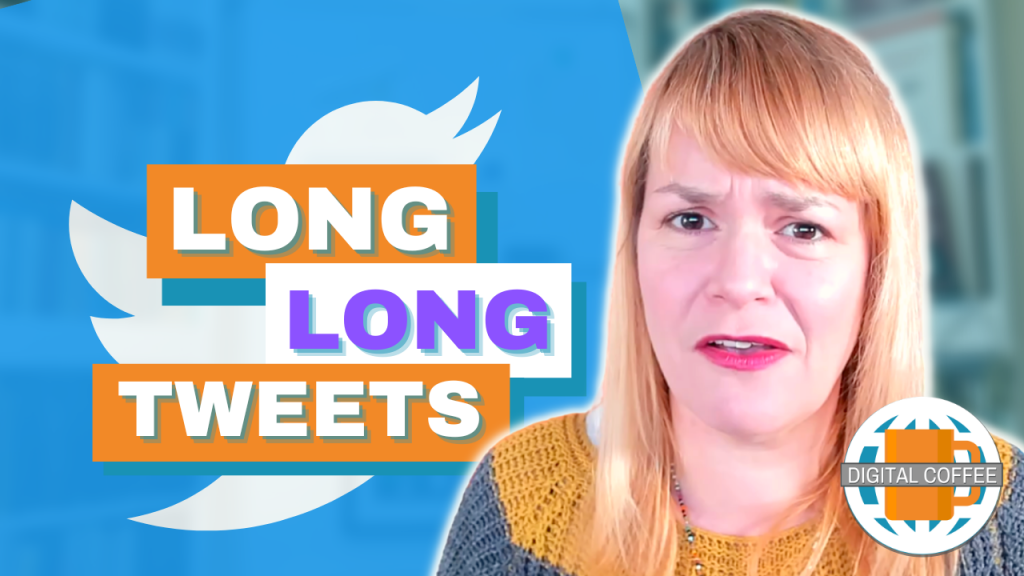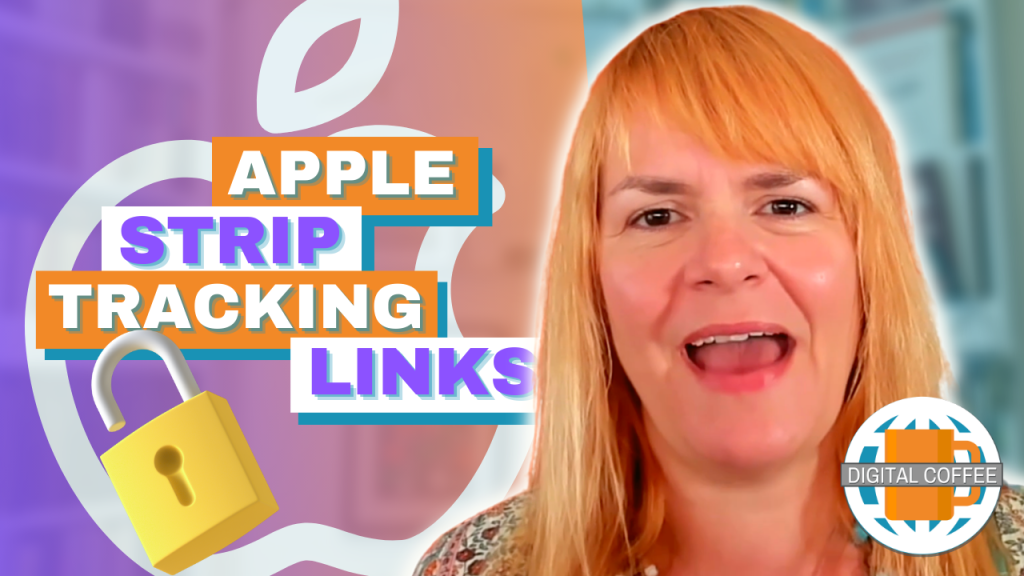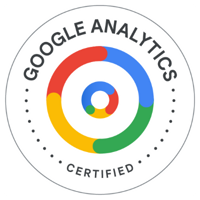We are seeing more and more young people entering the world of Social Media. Facebook & Twitter are becoming the tools that our youth are choosing to communicate and for many parents this is worrying. Not only do many of them not understand the networks but they are concerned that their children could be leaving themselves open to dangers or acting inappropriately online.
It is important therefore for parents to familiarise themselves with social networks, to understand privacy settings and what levels of privacy are appropriate for young adults. Understanding the tools gives parents the opportunity to open a conversation about social media and for them to create a supportive environment in which children will feel more comfortable reporting any issues.
Some parents approach to social media is to ban its use altogether and it’s worth noting that both Facebook and Twitter do not permit users under the age of 13. However, banning a child over the age threshold from using these sites will just encourage them to use them outside the safety of the home. Internet cafes and friends with computers will give them the opportunity to set up accounts without your permission and without your advice.
It’s not all bad news…
The Good News
A study by EU Kids online showed that Irish Children were the most responsible in Europe, only 7% of our teens add personal contact details to their profiles as opposed to 14% in the rest of Europe and only 11% have public profiles in comparison to 29% in the EU.
Using social media can be very beneficial for young people:
- Confidence – communicating online can give young people added confidence. Even a shy child will often come out of their shell and start talking online. This will build their confidence and communication skills in real life relationships and make it easier for them to integrate into new groups.
- Social media is here to stay, it is already being woven into the fabric of our lives in much the same way as the phone and the email are already. This makes it an important life skill that will become more and more relevant in their future lives.
- Children are able to connect with other like minded people. These could be people they share hobbies and interests with or support groups for children with issues.
- Education – Social media can be a space where children can learn from each other, they can share, view and understand a wide variety of content and opinions and learn to debate these.
- Staying in touch with friends and family geographically far away, this is becoming more valid in Ireland at the moment with many families seeking new homes overseas. Social networks allow children to keep their friendships alive.
How to stay safe online
I’ve created two downloadable guides to Facebook and Twitter privacy for teens.
Download the guide: Facebook privacy – Recommendations for teens and young adults by clicking here
Download the guide: Twitter privacy – Recommendations for teens and young adults by clicking here
Suggested Rules
After discussions with parents I’ve compiled a list of suggested rules for young people using social media. It is in no way complete and I’d love to hear your thoughts so please do leave a comment.
- Don’t’ become friends with someone you don’t know in real life
- Don’t agree to meet up with strangers
- Don’t include personal contact info, hometown or other information that could have people track you offline
- Think three times before posting something. What you post has longevity and could be connected to you in the future.
- Respect the privacy of others
- Never send personal contact info via a social network
- Don’t use geolocation services that broadcast your current or past location
- Computers should be used in shared family spaces
- Never ever share your password
If you would like Amanda to come to your school or youth group and talk to parents or children about using Social Media safely contact us.








